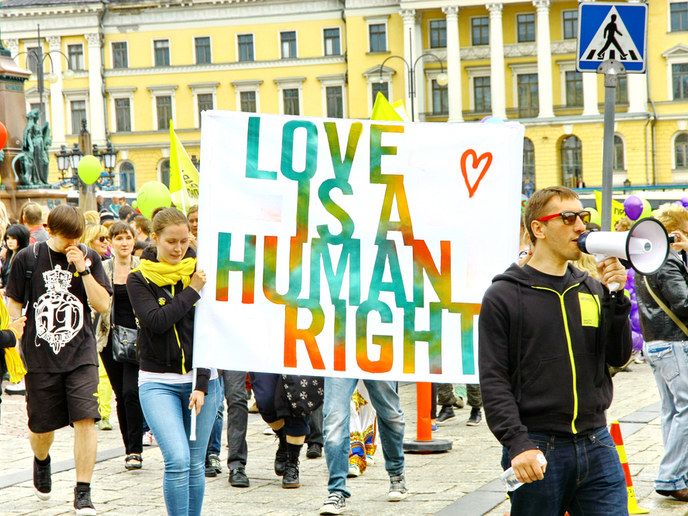Sharpening the EU’s role in global asylum governance
While many asylum instruments might at first seem promising or labelled as good practices, their implementation can be highly problematic over the medium and long term. Researchers from the ASILE(opens in new window) (Global Asylum Governance and European Union’s Role) project found that the application of these instruments, even if well-intentioned, can often undermine human rights and create further challenges down the line. Project coordinator Sergio Carrera from the Centre for European Policy Studies(opens in new window) in Belgium led a team examining countries including Bangladesh, Brazil, Canada, Jordan, South Africa and Türkiye. “We wanted to look at the experiences of non-European countries currently dealing with large-scale asylum movements, so that lessons learned from these countries can be applied to the EU,” he explains. “These are the countries facing most challenges of receiving and hosting asylum seekers at the largest scale.”
Permanently temporary
A key finding of the ASILE project was that many displaced people seeking asylum in these regions have been given a ‘temporary protection’ or a ‘forced migrant’ status, rather than full refugee status. The project team noted that this practice is a sophisticated form of containment and exclusion. “Some Syrian refugees in Türkiye, for example, have been under temporary protection for more than ten years,” notes Carrera. “They are trapped in a sort of ‘permanent temporariness’ and precarity.” He adds that the majority of people seeking asylum stay in their country as internally displaced people, or in neighbouring countries. In South Africa for example, many displaced people from Zimbabwe have been given regularisation status through an amnesty programme(opens in new window). But this has now come to an end, which places thousands in legal uncertainty about their future.
Towards better asylum policy
The project also examined EU asylum arrangements with non-EU countries such as Niger, Serbia, Tunisia and Türkiye that aim to prevent migrants reaching Europe’s borders. In all countries except Türkiye, ASILE found more EU resources are spent on containment than on refugee protection. In Niger in particular, EU intervention to fight migrant smuggling has been seen as undermining free movement in the country. “As shown by the ASILE report ‘Asylum for Containment’(opens in new window), these asylum arrangements can create problems,” says Carrera. Through this work, ASILE hopes to assess the EU’s role in implementing the UN Global Compact on Refugees(opens in new window), a framework for more equitable responsibility sharing by the international community. The ASILE Global Portal(opens in new window) has compiled lessons learned from ASILE’s case studies, and the impact featured policies have on rights and the UN Compact commitments. Through this interactive web platform, users have direct access to the country-specific reports.
Treating asylum seekers equally
The project also examined asylum policy closer to home. Europe has activated the Temporary Protection Directive (TPD)(opens in new window) for those fleeing the war in Ukraine, and a recent book(opens in new window) from the ASILE project provides a detailed examination of the first year of the Directive’s implementation. Highlighting the response of the EU to the Ukraine refugee crisis compared to previous waves of migration, the authors conclude that more effort is needed to ensure that the right to asylum in Europe is administered to individuals equally, irrespective of national or ethnic origin – in line with the Compact.







